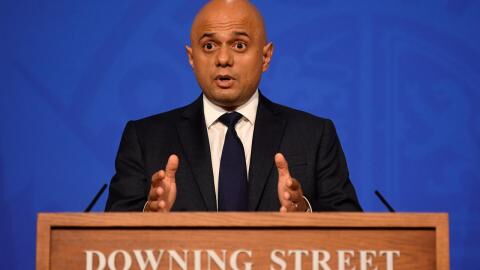On Monday, Prime Minister Boris Johnson is expected to announce the decision, which has been dubbed unwise and premature. By the end of next week, people in England will no longer be required to self-isolate after testing positive for coronavirus, according to Downing Street.
Discover our latest podcast
Prime Minister Boris Johnson is expected to announce the decision tomorrow, which will apply to all including close connections. He is likely to assure MPs that the immunisation campaign, testing, and new treatments would be adequate to keep the public safe when he launches his living with COVID strategy.
Live with the virus
When asked if the move would allow people with COVID to go to work, the PM's official spokesman previously responded that there would be guidelines, but that is not what we are suggesting. Local governments will have to deal with outbreaks using existing public health authority, just as they do with other diseases. PM Johnson confirmed:
COVID will not suddenly disappear, and we need to learn to live with this virus and continue to protect ourselves without restricting our freedoms.
Reportedly, local governments have long had illness outbreak preparedness plans in place, which they will use. It is not indicated whether councils would be granted more funding to cope with COVID outbreaks, but it is noted that Omicron is far more similar to other less-well-known diseases in circulation for which local governments already have strategies. Free home-delivered lateral flow tests may also be phased out, according to reports, but this has yet to be confirmed.
Premature decision
According to a poll conducted by the NHS Confederation, three-quarters of NHS executives in England disagree with the elimination of self-isolation. Matthew Taylor, the chief executive of the NHS Confederation, which represents NHS trusts, said that it was too early to halt obligatory testing and that there was no plan in place to replace it.
Taylor argues on what is the guidance for NHS and care personnel if isolation is no longer needed and he didn't see why all the constraints had to be abolished at the same time. The decision is premature and not based on current research, according to Dr Chaand Nagpaul, chair of the British Medical Association. He confirmed:
It clearly hasn't been guided by data or done in consultation with the healthcare profession.















